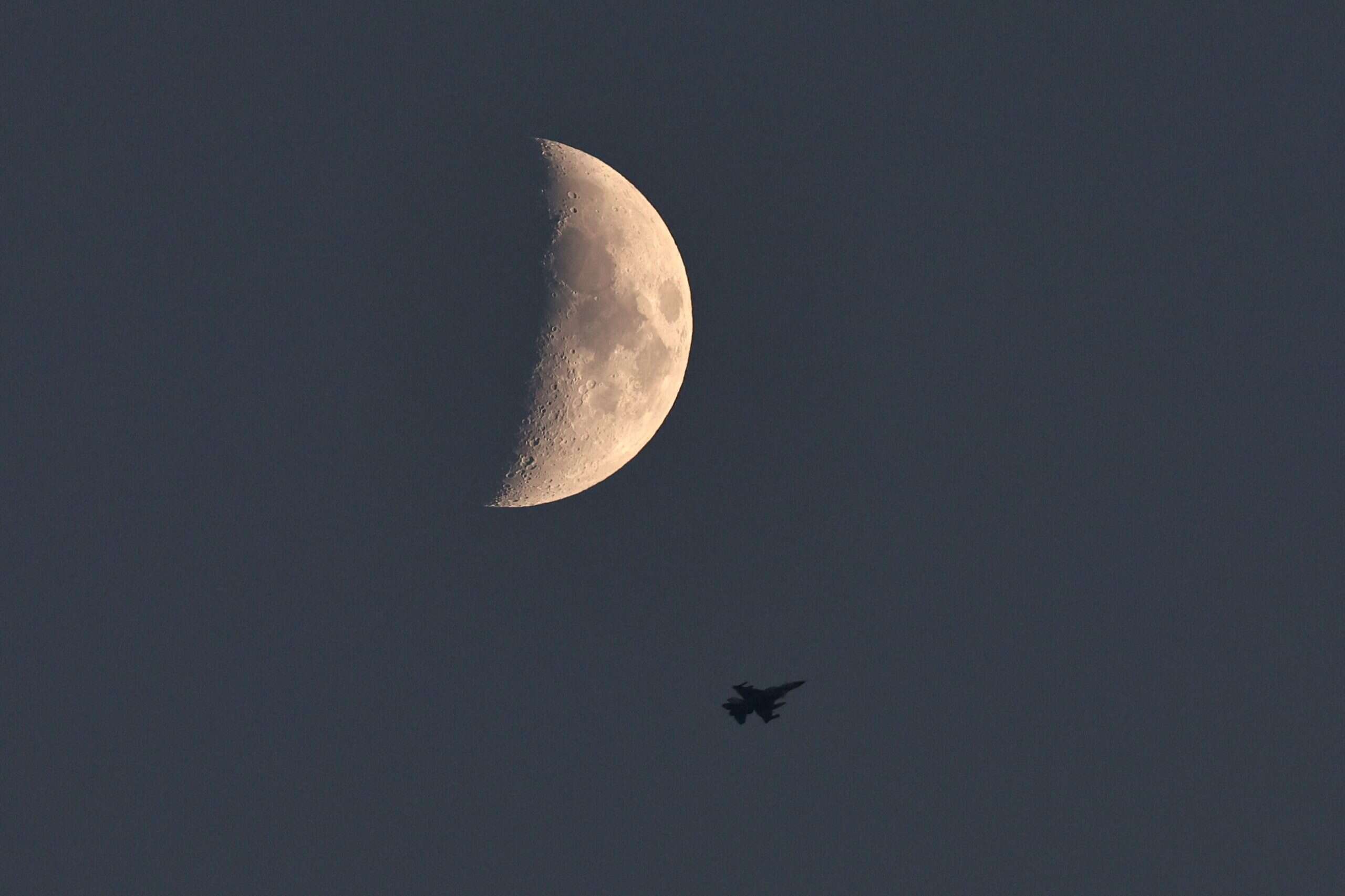Another day has passed, and Israel continues to await Hezbollah's response, possibly along with Iran. Israeli intelligence assessments regarding the timing and nature of an attack are constantly updated, likely in response to ongoing developments. The delay in a response is attributed to various reasons, some strategic and others, tactical.
Strategically, there is no doubt that the significant American military buildup in the region proves itself as a deterrent, especially for the Iranians, who have also received numerous warnings from Washington. This force is not only defensive but also possesses substantial offensive capabilities. A prime example is the nuclear submarine that the U.S. made a point of announcing had arrived in the region as a deterrent.
Tactically, since Hezbollah threatened to avenge the assassination of Fuad Shukr, the Israeli Air Force has significantly increased its reconnaissance flights over Lebanon to try to detect preparations for an attack.

While it is relatively straightforward for Israel to conduct such surveillance flights over Lebanon and build an intelligence picture, it is much more challenging to do so over distant Iran. In this case, Israel relies on its reconnaissance satellites. Additionally, Israel heavily depends on American capabilities deployed throughout the Middle East.
At this time, Israeli assessment is that an attack is imminent, unless there is a further change in the other side's decisions and own intelligence assessments. A discussion on a preemptive strike has taken place in Israel, but for now, the political leadership still hopes that this round of hostilities can be resolved without an all-out war. Additionally, with two and a half months until the U.S. elections, Washington is certainly not interested in a regional war. However, if Hezbollah, and possibly Iran, initiate an attack, it is likely that Israel, and possibly the U.S., will respond in kind, possibly during the attack itself.




